Microaggressions are subtle, often unintentional, instances of prejudice or discrimination against members of a marginalized group. When it comes to interactions with Black individuals, recognizing and understanding the common microaggressions they face is essential to avoid perpetuating these harmful behaviors.
Here is a comprehensive list of microaggressions that Black people may encounter in everyday situations:
Assuming Criminality

Acting suspicious or fearful around Black people without any basis, such as clutching one’s belongings tighter or avoiding sitting next to them on public transportation.
Invalidating Experiences of Racism

Saying things like “Are you sure it was about race?” or “I think you’re being too sensitive,” which dismiss and undermine their experiences of discrimination.
Denying Individual Racism
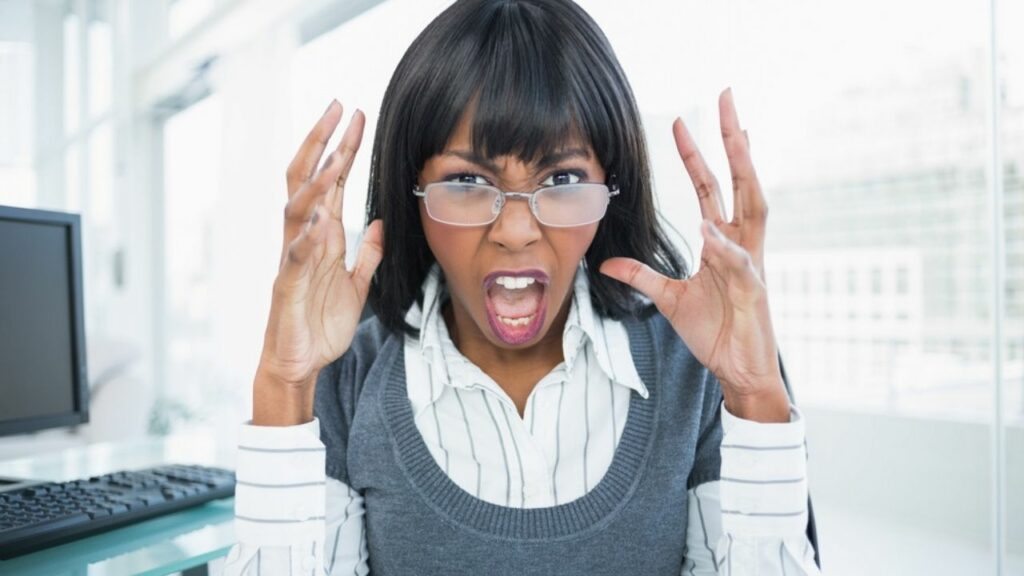
Statements like “I don’t see color” or “I have Black friends, so I can’t be racist,” which ignore the systemic nature of racism and individual biases.
Assuming Inferior Status
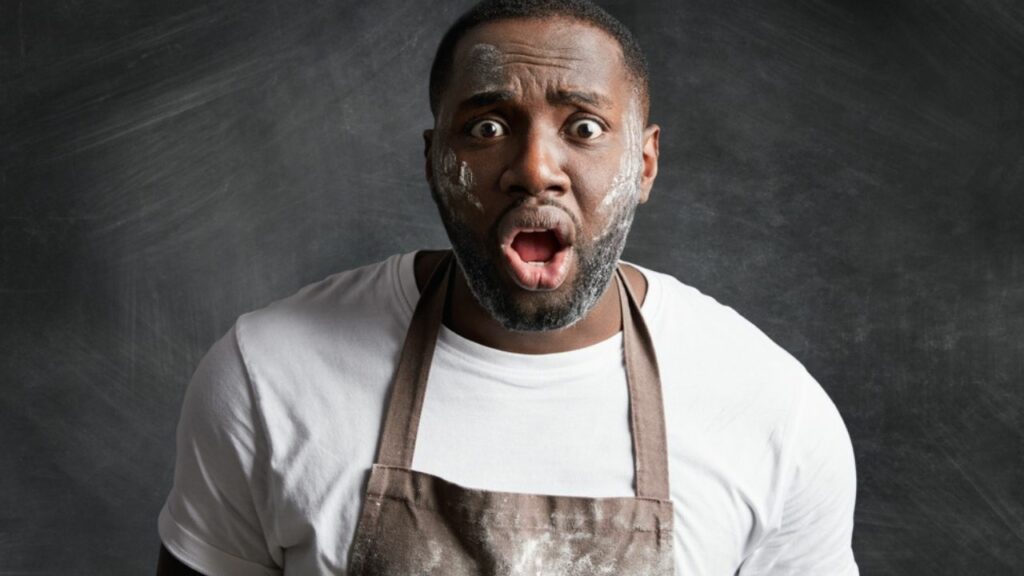
Asking a Black professional in a workplace if they are the new intern or in a service position, regardless of their actual job role.
Cultural Appropriation
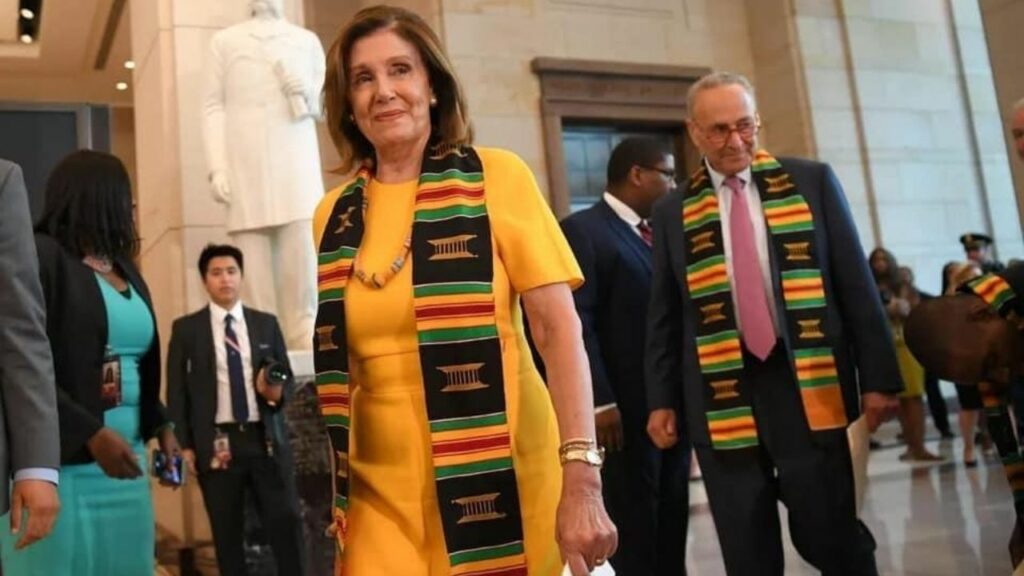
Adopting elements of Black culture without understanding the significance or context, often reducing these aspects to trends or fashion statements.
Microinvalidations
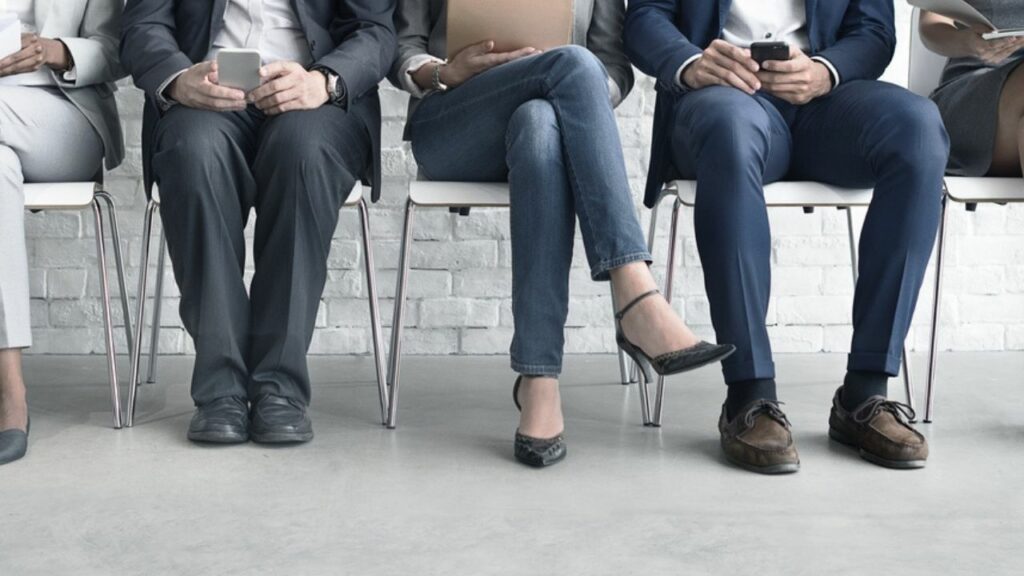
Comments that subtly exclude, negate, or nullify the thoughts, feelings, or experiential reality of Black people, like saying, “We all have the same opportunities,” which ignores systemic inequalities.
Pathologizing Cultural Values or Communication Styles
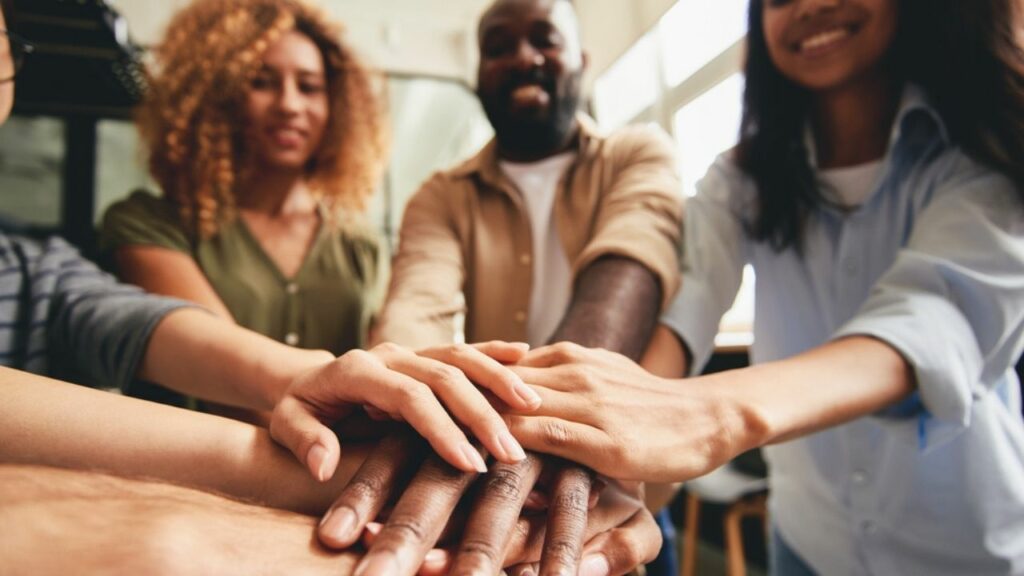
Criticizing or dismissing the way Black individuals speak, express themselves, or uphold their cultural practices as being “unprofessional” or “inappropriate.”
Second-guessing or Underestimating Abilities

Expressing surprise at a Black person’s articulateness, intelligence, or competence, as in “You speak so well” or “You’re so smart for a Black person,” which implies low expectations based on race.
Overemphasis on Differences
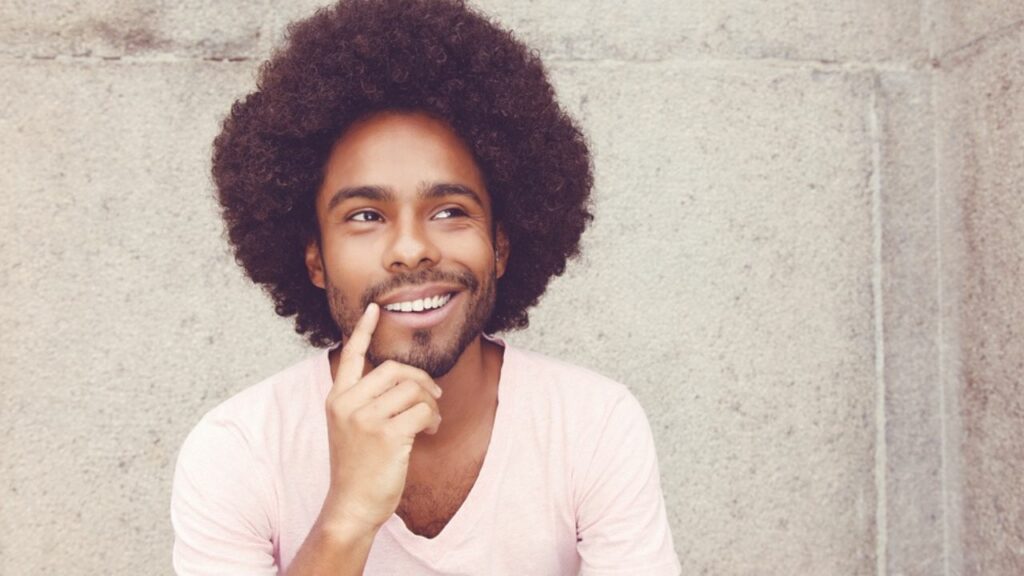
Pointing out or making an undue fuss over racial differences in a way that otherizes or exoticizes Black individuals, such as touching a Black person’s hair without permission or making unsolicited comments about their physical features.
Tokenism
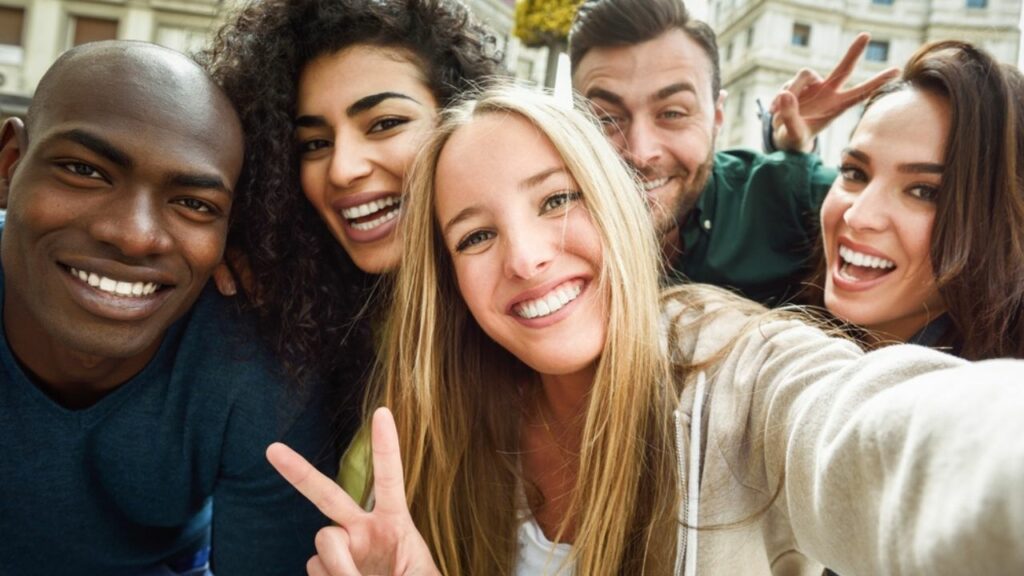
Treating Black individuals as representatives of their race in discussions about diversity, rather than as individuals with their own unique perspectives and experiences.
Lack of Representation

An absence of Black professionals in leadership roles within organizations or a lack of Black characters in media and educational materials, which reinforces stereotypes and limits role models.
Stereotypical Representations
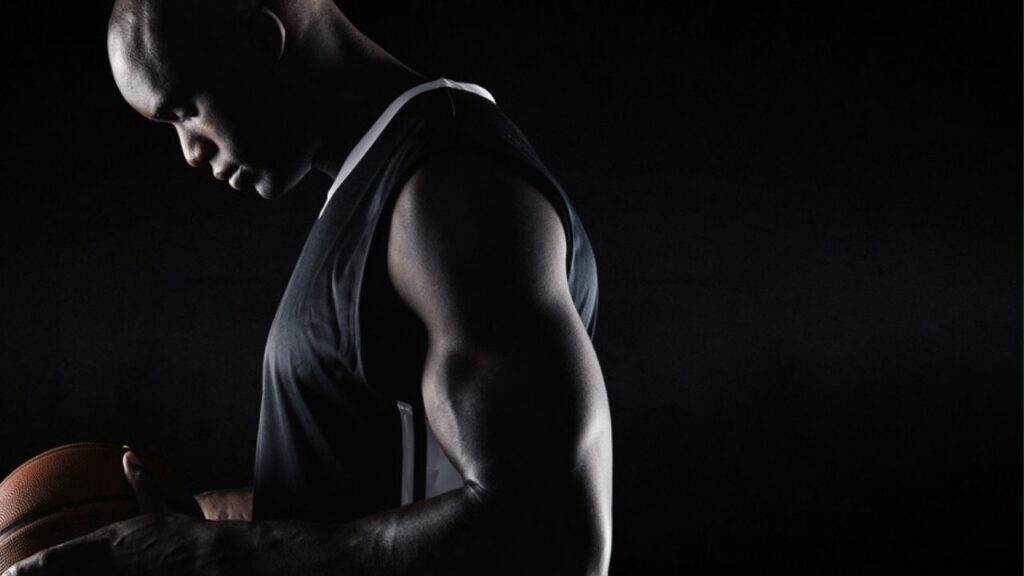
Depicting Black individuals in media and literature primarily in stereotypical roles (e.g., criminals, athletes, entertainers), which perpetuates narrow and damaging views of Black people.
Marginalization in Educational Curricula

The exclusion or minimalization of Black history, culture, and contributions from educational curricula, which diminishes the visibility and importance of Black achievements and narratives.
Change Starts with Awareness

Recognizing these microaggressions is the first step in combating them. It involves ongoing self-reflection, education, and listening to the experiences of Black individuals without judgment. Change starts with awareness and is fostered through deliberate actions to create inclusive and respectful interactions and environments.
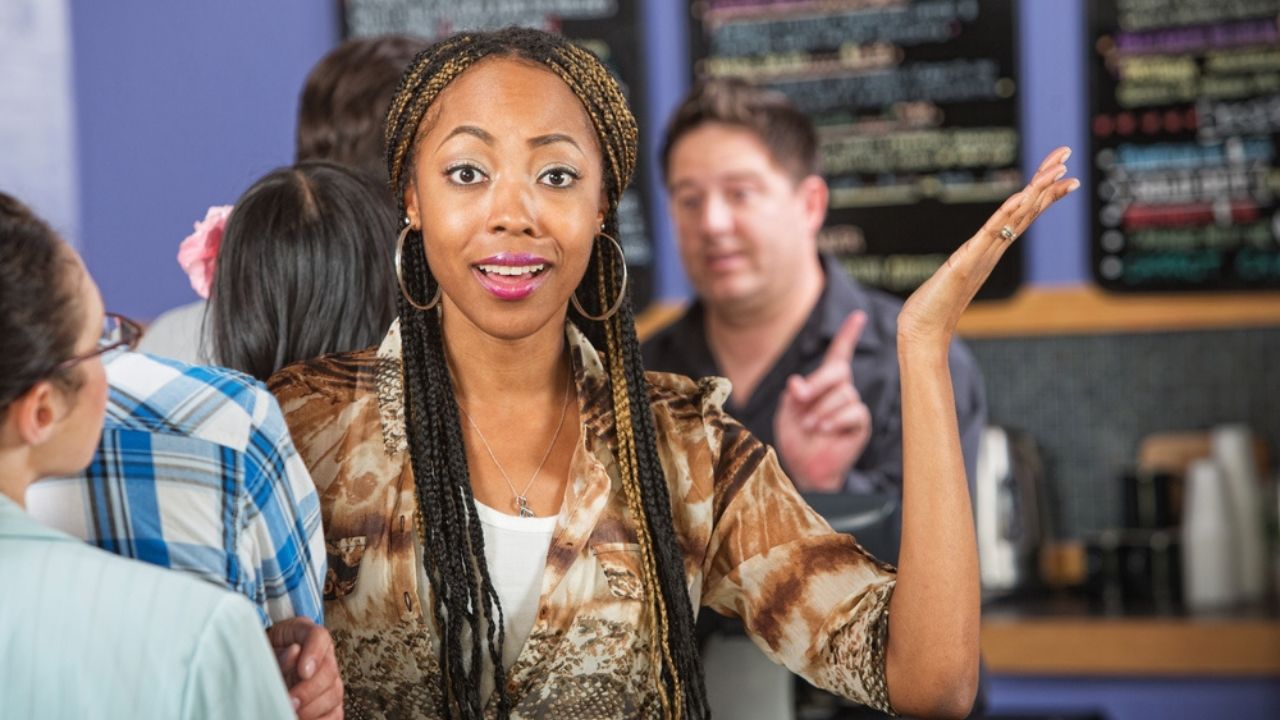
















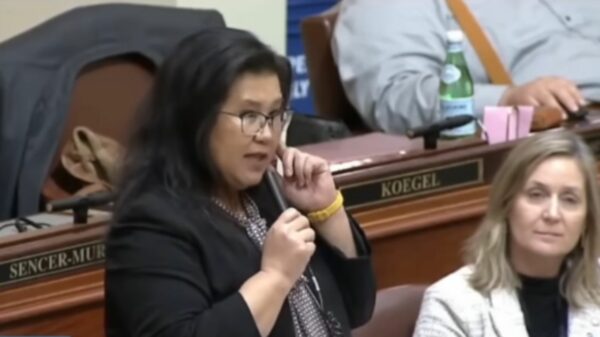


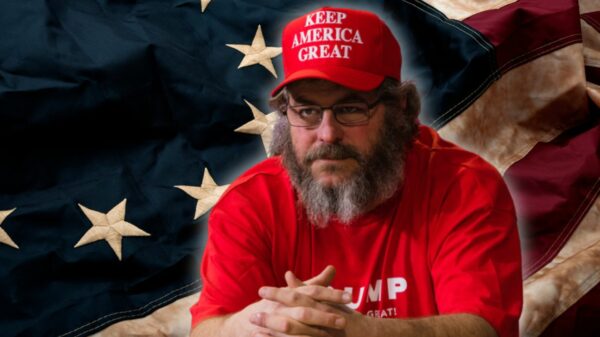

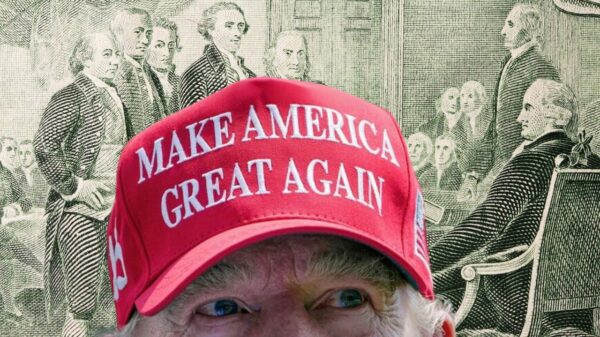

David Fernandez
February 23, 2024 at 9:48 am
Can you make a “survey” on “blacks microaggression to whites”, if any?
H Manuel Montes
February 25, 2024 at 7:10 am
If IIf I see or hear the term Systemic I will …….. hear
Charlie Campbell
February 23, 2024 at 10:45 am
To address a person of color as sweetie buddy, uncle, boy or any other way, to avoid addressing them as Miss or sir.
What For
February 24, 2024 at 6:59 pm
You believe all this stuff, Conor?
As for microinvalidations and lack of representation:
“We all have the same opportunities.” Well, maybe we don’t, but not in the way you might think.
Take for example Affirmative Action, where a black student with a 1500 SAT and a white student with a 1600 SAT, otherwise same high school GPA, same number of extracurricular activities, same amount of community service, and equally remarkable CV and letter, apply to the same elite university, and the university accepts the black candidate over the white candidate on the grounds that the school needs more diverse representation?
What about Delta admitting they will hire fewer white male pilots, and instead focus on hiring more black female pilots? Read here: https://www.nytimes.com/2022/04/23/business/pilots-diversity.html
Do white people have the same opportunities as black people?
Will this make aviation safer, do you think?
Or will we have fewer Sullys (maybe you’ll recall the Hudson Hero – Tom Hanks played him in a 2016 biopic) to rely on when the going gets tough?
Anyway, as it stands right now, what’s stopping black men and women from getting their own pilot’s licenses and flying planes? There are no laws stopping a young black girl from excelling at math and science, learning about Bernoulli’s principle, the physics and mechanics of flight, flight theory and practice. Unless the flight instructor is a completely racist POS, he won’t tell a black man or woman that they aren’t allowed in the cockpit (especially if they’re paying him for flight lessons).
I know this is difficult for a lot of people to wrap their heads around, but a white person who has black friends does in fact make him non-racist. A racist individual wouldn’t be able to have a friendship with a person of another skin color because as a racist he would automatically hate every person who doesn’t look like him. Having even a single friend with a different skin color eliminates that requirement for racism.
Regarding “Pathologizing Cultural Values or Communication Styles:”
You claim that it is a microaggression to criticize or dismiss the way black individual speaks, expresses himself, or upholds his cultural practices as being unprofessional or inappropriate.
But this does not apply to only black people. If a white lawyer or doctor came to work wearing something which looked unprofessional, as in not a suit or doctor’s scrubs, and spoke in a manner unbefitting of a supposedly well-educated doctor or lawyer, you might think his behavior is unprofessional. You would be right to expect a person in these professions to speak eloquently. If that white doctor spoke the way J.B. Smoove speaks on Curb Your Enthusiasm, would you trust that doctor or lawyer? This is not a matter of race, but class. There’s plenty of white trash out there, but when one points that out, few people if any will comment on “microaggressions” and pathologizing their cultural views and communication styles. But the second someone points out when a black man says “yo,” “a’aight,” or “y’kna’i’mean?” it’s a social faux pas.